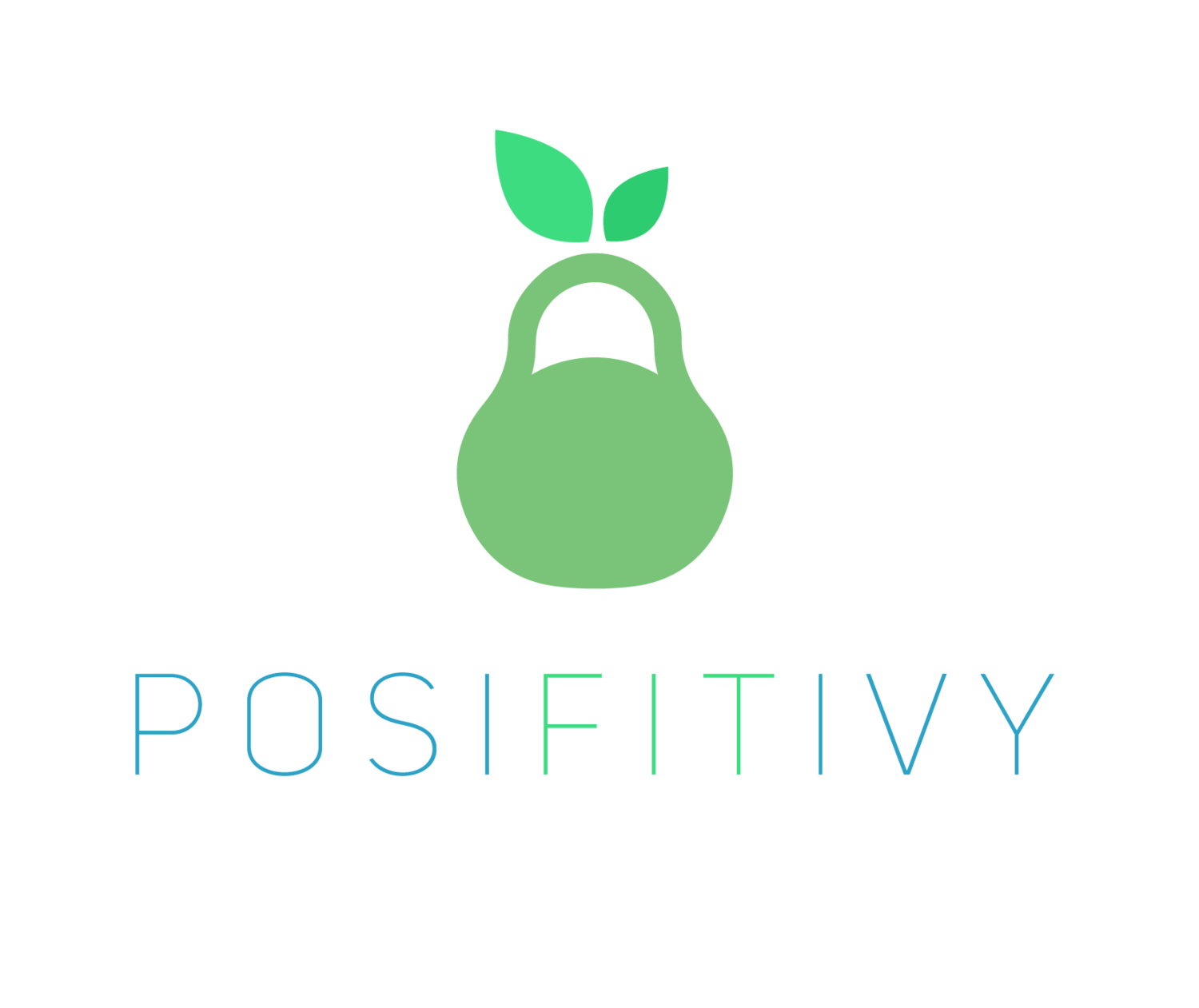supplements to take on a plant-based diet
So you’re ready to take the leap and go on a plant-based diet. Great! If this is a brand new journey for you, you may have some questions about what to eat, or whether or not you should take supplements. Find my general thoughts about supplements here, and a handy guide on how to start eating a whole-food plant-based diet here. To sum it all up, a plant-based diet should consist of whole plants (not Beyond Burgers and Daiya!), which will supply you with adequate nutrition - yes, protein included. In fact, the nutrient density of a diverse plant-based diet is unparalleled, so I discourage people from taking most supplements unless directed to by a doctor. However, there are three supplements you should take on a plant-based diet, and they are as follows:
Vitamin B12: Vitamin B12 isn’t made by plant or animals — it’s made by bacteria in the soil. Animal foods contain B12 for a variety of reasons, but they’re only intermediaries. For those of us who do not consume animal foods (like yours truly), it is essential to have a reliable source of B12 because long-term deficiency can manifest as severe, irreversible neurological problems.
Vitamin D: Vitamin D is a bit of a misnomer because it’s actually a hormone! Vitamin D is produced when sunlight hits our skin, but must undergo further processing in our liver and kidneys to become active. Many of us are deficient in vitamin D due to our lack of sun exposure. Aim to get daily, safe sun exposure in the summer, and supplement with vitamin D where needed to combat deficiency.
EPA/DHA: EPA and DHA are long-chain omega-3 fatty acids that support healthy cognitive function. Though fish are a good source of long-chain omega-3 fatty acids, they’re also loaded with toxins and pollutants such as mercury, which is actually toxic to our nervous system. In fact, the harmful effects of mercury outweigh the beneficial effects of DHA during neurodevelopment in utero (for my pregnant readers, don’t eat fish!) However, having sufficient long-chain omega-3s has been shown to be important for preserving brain function and structure as we age. So what’s the solution? Take an algae-derived EPA/DHA supplement.
Does this mean a plant-based diet isn’t nutritionally adequate? Absolutely not! An animal-based diet is often devoid of vitamin D and B12. Furthermore, the American Dietetic Association agrees that diets that limit or exclude animal products are healthful and nutritionally adequate; plant-based diets are also associated with lower rates of heart disease, hypertension, cancer, and type 2 diabetes. As always, this doesn’t constitute medical advice. However, this is a good jumping off point for those of you who are embarking on this journey for the first time. A plant-based diet promises a vast array of benefits and it’s important to ensure that you’re armed with all the knowledge you need to proceed. The power to change your life is in your hands.



